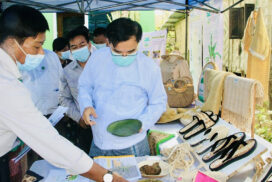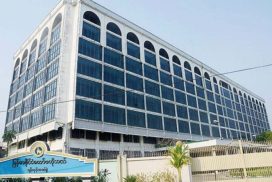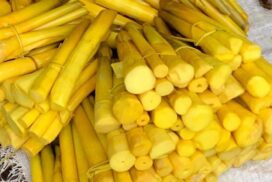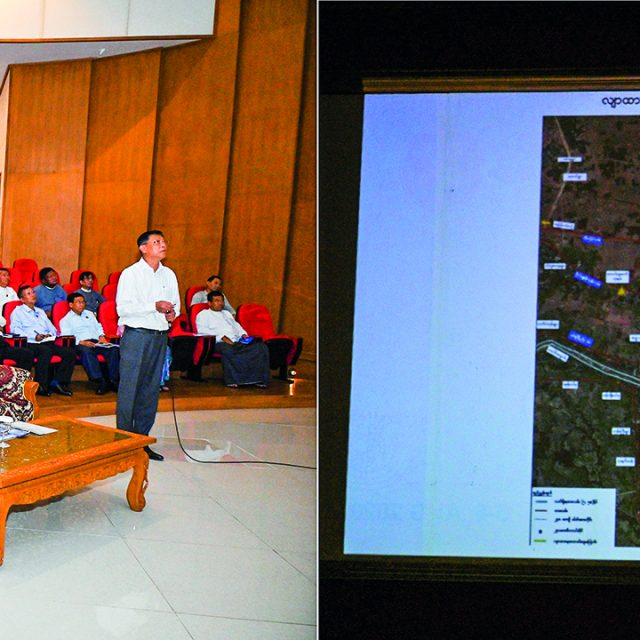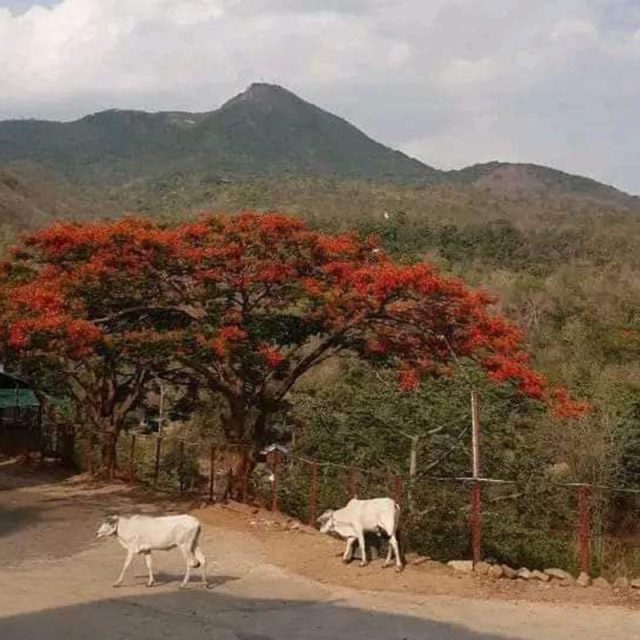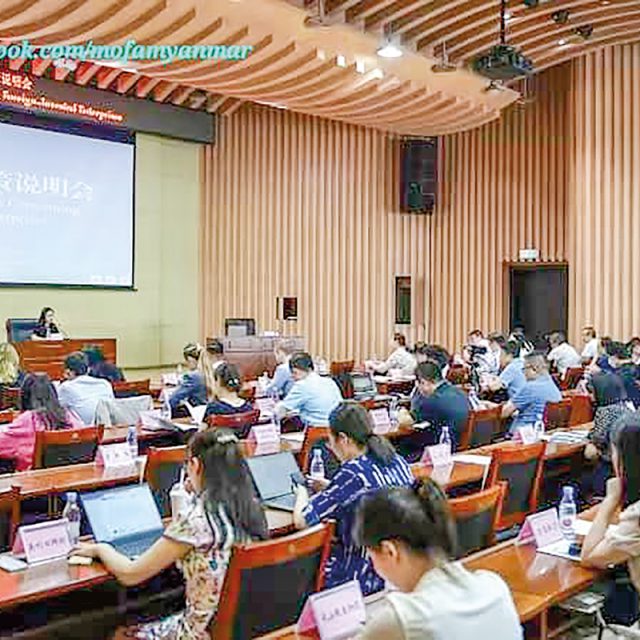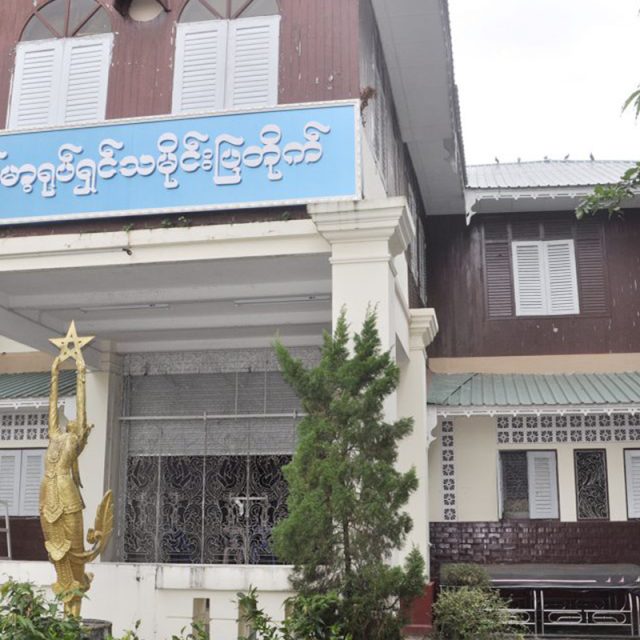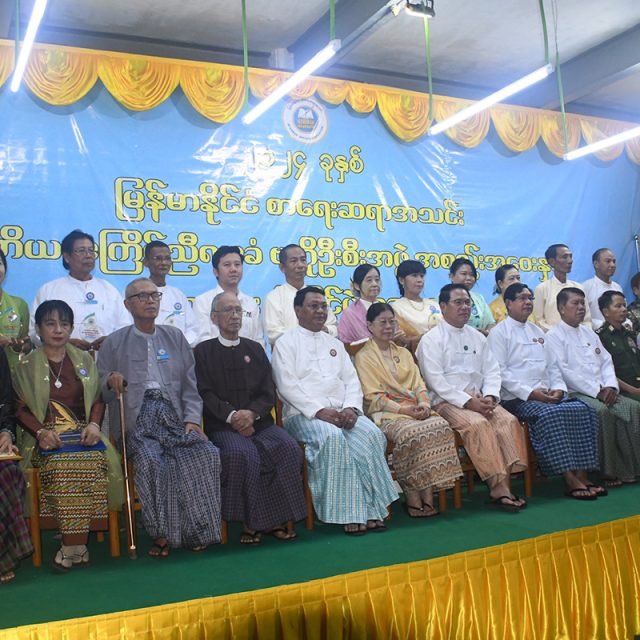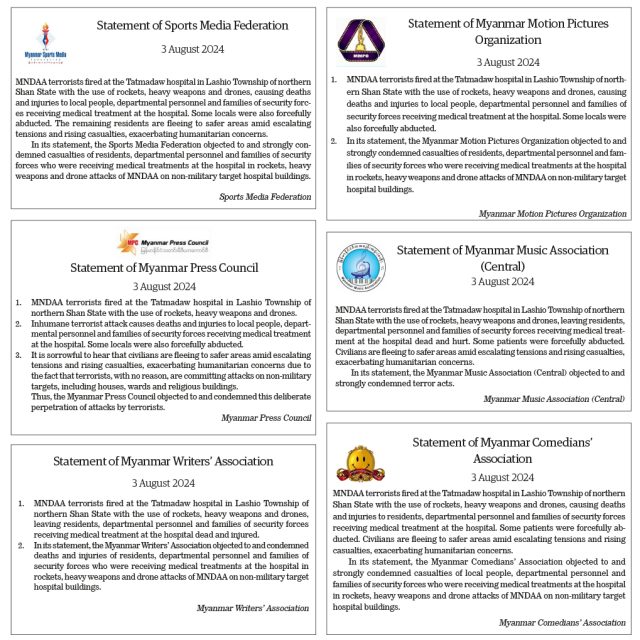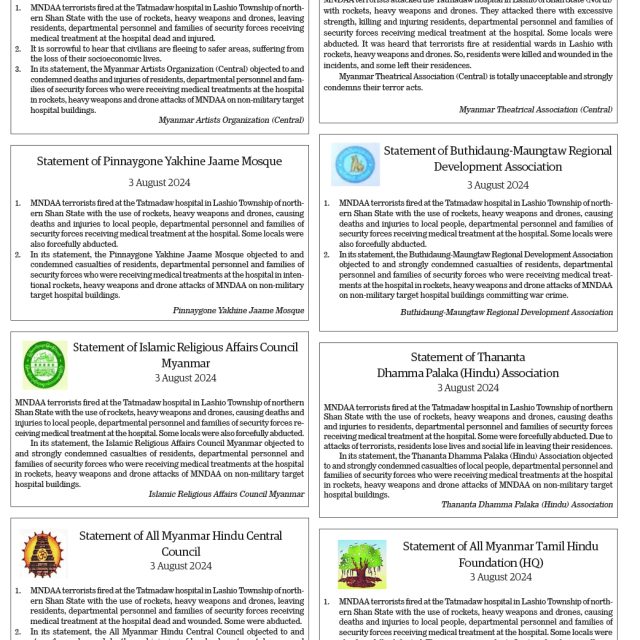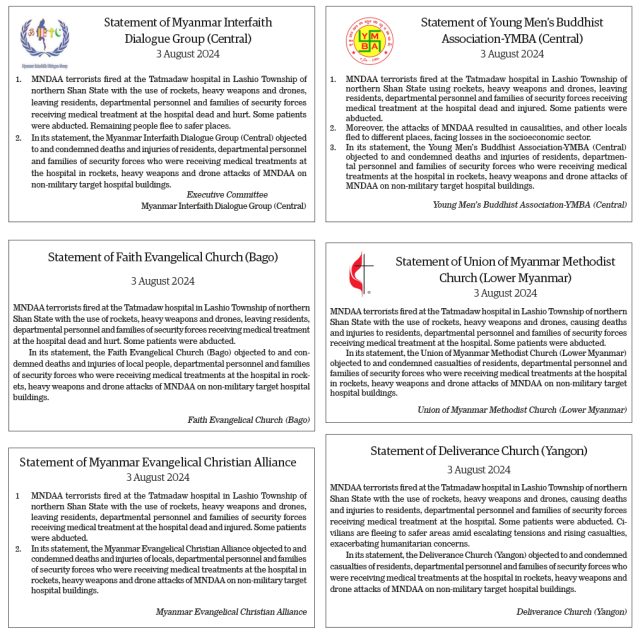Myanmar, a country rich in natural resources, is home to extensive forests that cover about 42 per cent of its land area. Among these forests are vast bamboo groves, which provide a wealth of resources like bamboo poles, shoots, leaves, and other medicinal parts to the local population. Globally, over 600 million people rely on bamboo for their livelihoods, earning it the nickname “green gold” due to its diverse applications and economic potential. Bamboo is highly valued not only for its construction materials and timber substitutes but also for personal goods, making it an essential resource for sustainable development.
In Myanmar, bamboo shoots are a popular commodity, with local markets offering a variety of products, such as pickled, boiled, fresh, and tender bamboo shoots. These products are in high demand, fetching good prices domestically. Despite being a member of the grass family, bamboo is remarkable for its rapid growth and its ability to absorb significant amounts of carbon dioxide from the atmosphere. A single hectare of bamboo can absorb up to 62 tonnes of carbon dioxide annually while also preventing soil degradation. That makes bamboo cultivation a vital tool in environmental conservation efforts, as well as a reliable source of income for farmers who can regularly harvest bamboo poles and shoots.
As a developing nation, Myanmar benefits significantly from its bamboo resources, which provide food and livelihoods for many of its people. According to the Forest Department, Myanmar is home to 102 varieties of bamboo, 18 of which are commercially viable. These bamboo groves are particularly abundant in the Bago and Rakhine mountain ranges, as well as the Taninthayi Region. Although bamboo has many potential uses, including in paper production and household utensils, its products are not yet fully exploited in the domestic market.
Myanmar boasts more than 1.7 million hectares of bamboo groves across the country. Some enterprising Myanmar businesspeople have already tapped into the international market, earning millions of US dollars annually from the export of value-added bamboo products. With appropriate support from authorities in the form of better extraction methods and cultivation practices, the bamboo industry in Myanmar has the potential to expand significantly.
Currently, as timber extraction is under control, bamboo is substituted in some parts of timber products. Hence, businesspersons have to establish bamboo groves on a commercial scale and produce value-added bamboo products to catch the interests of customers as export items for earning foreign currencies while conserving the natural environment.
Earn foreign currency from the export of value-added bamboo products
- August 04, 2024
- 6


